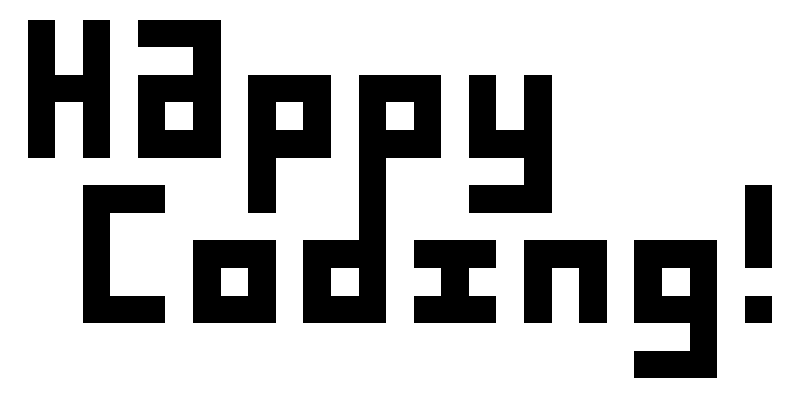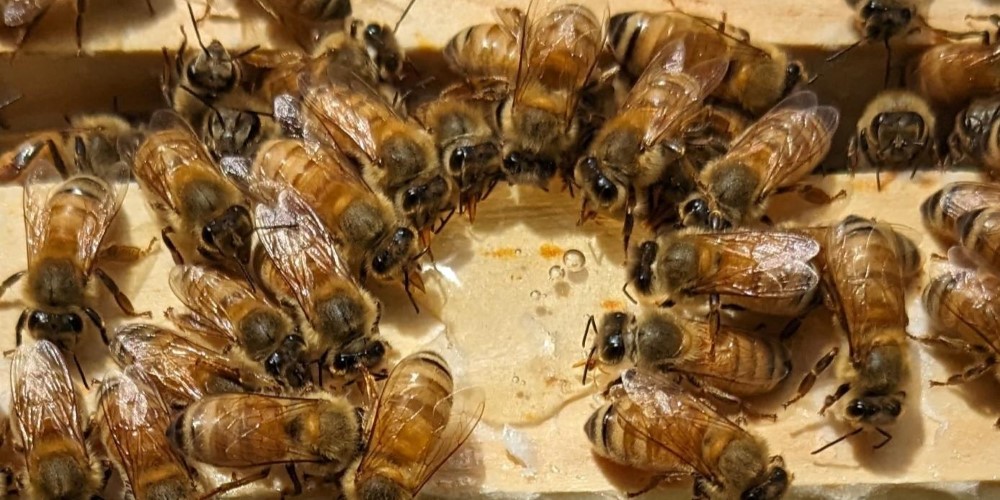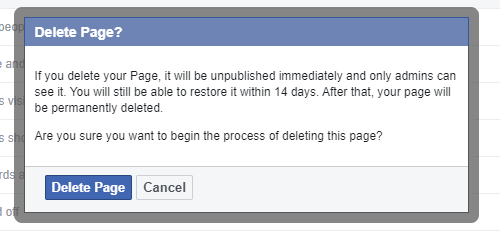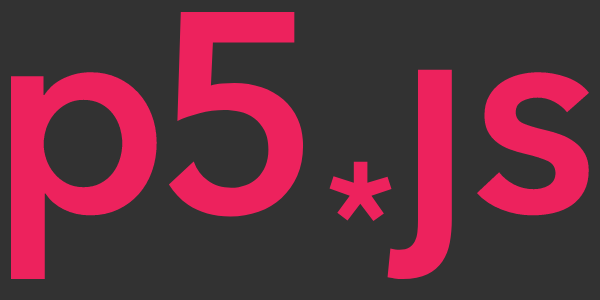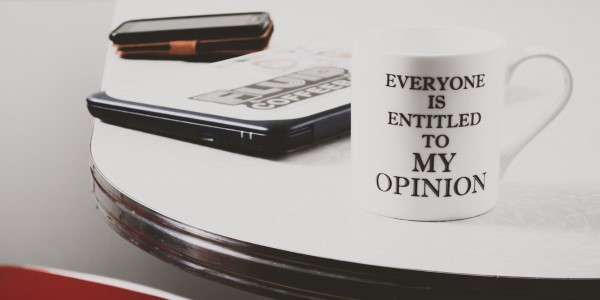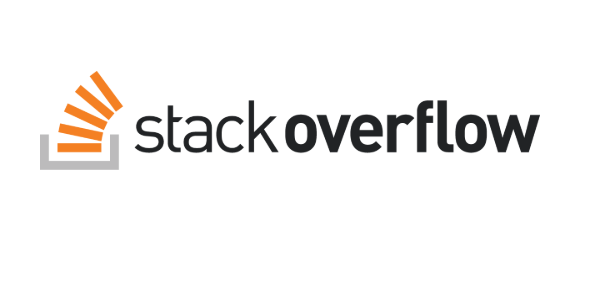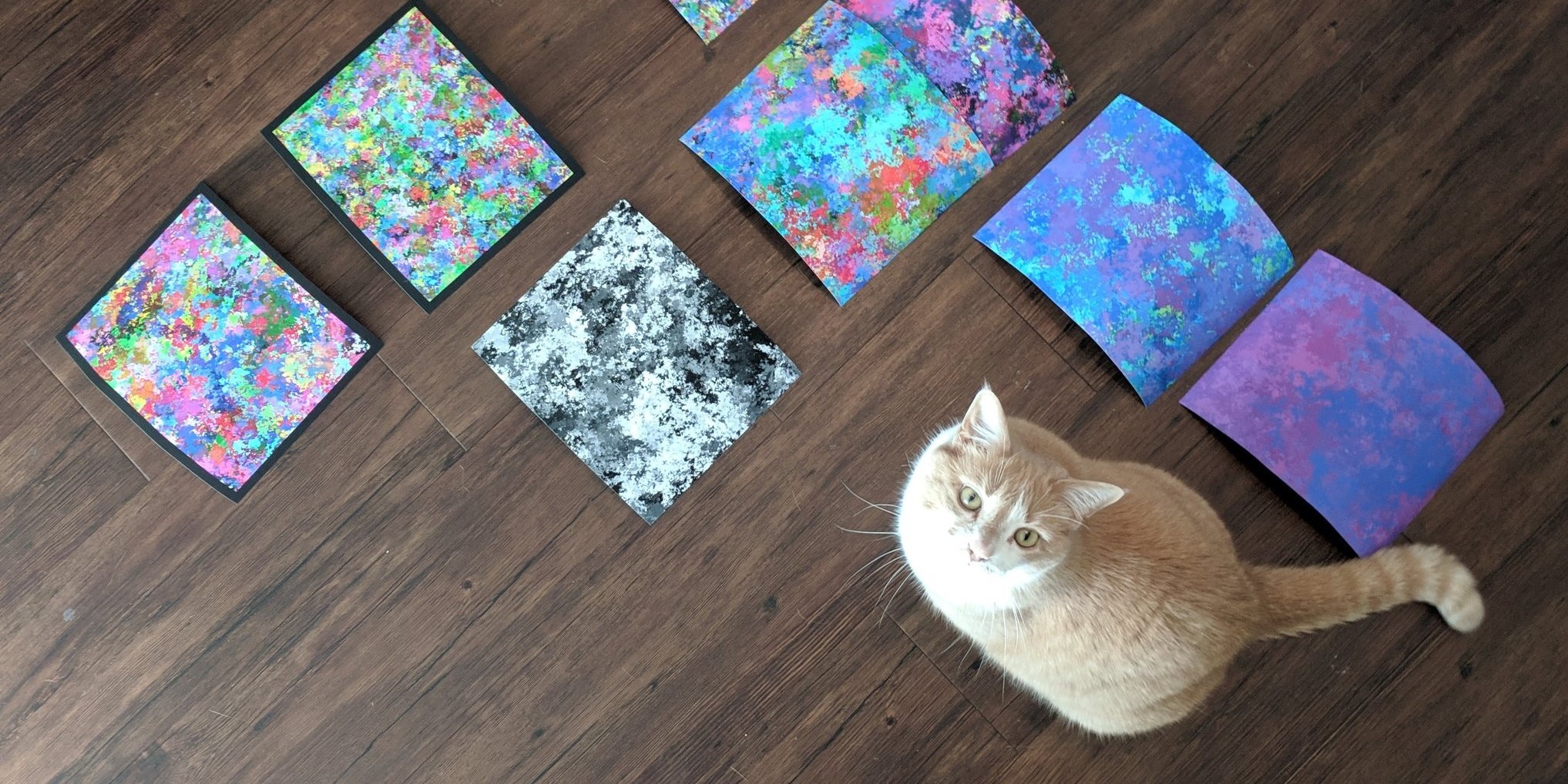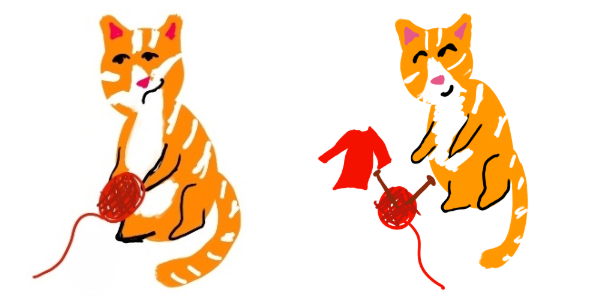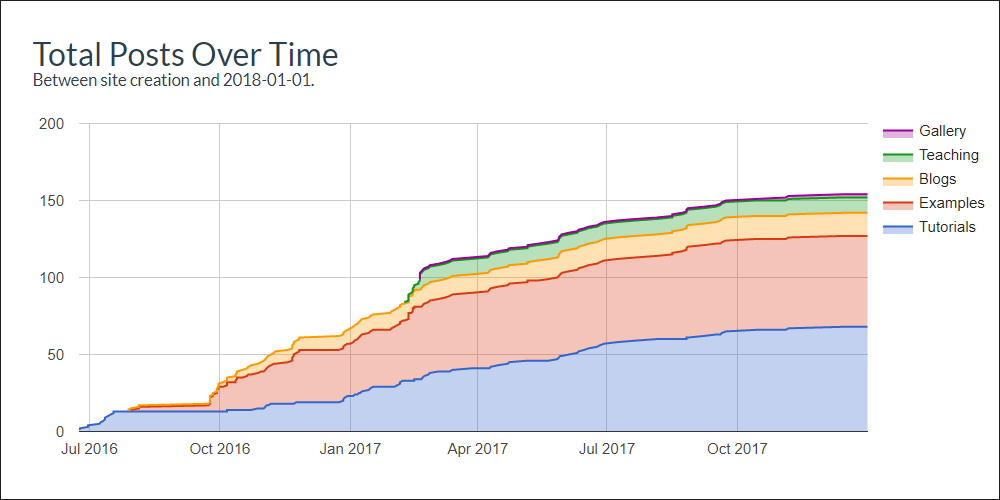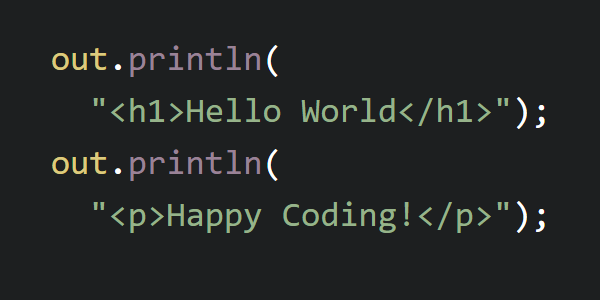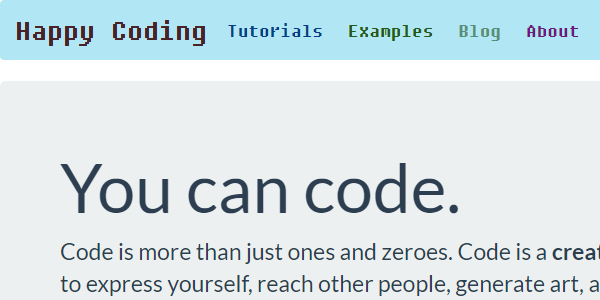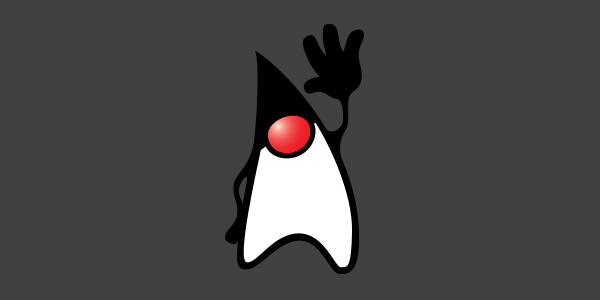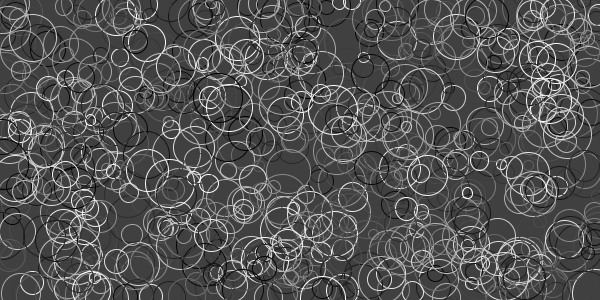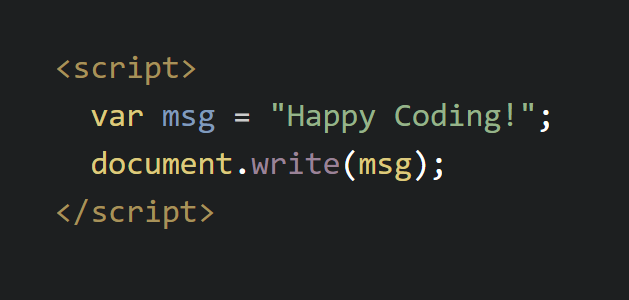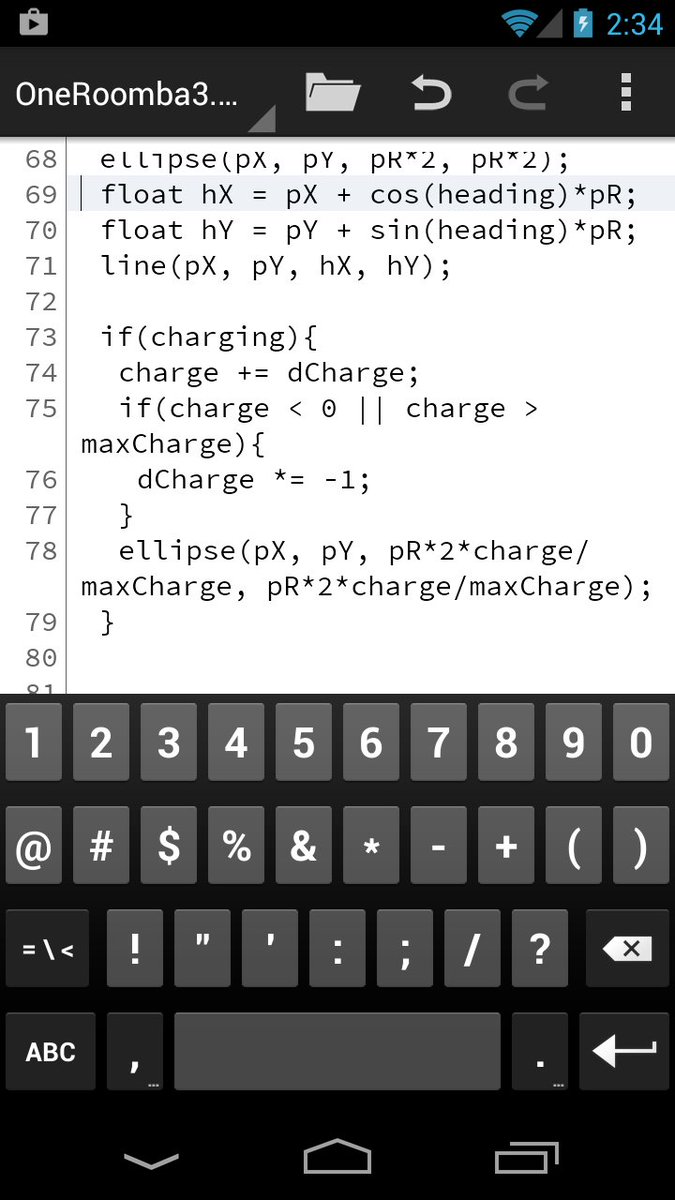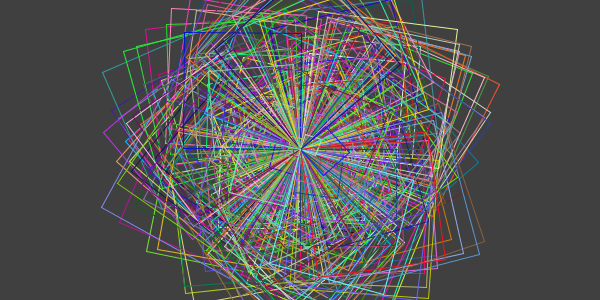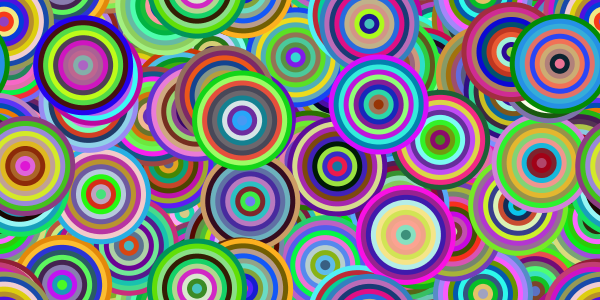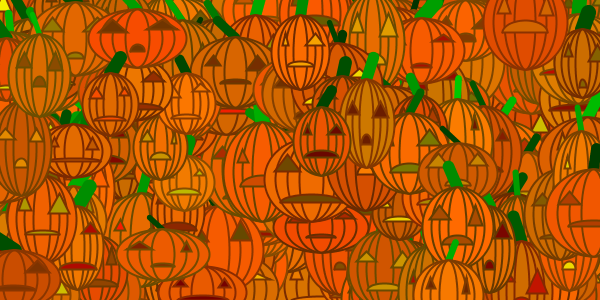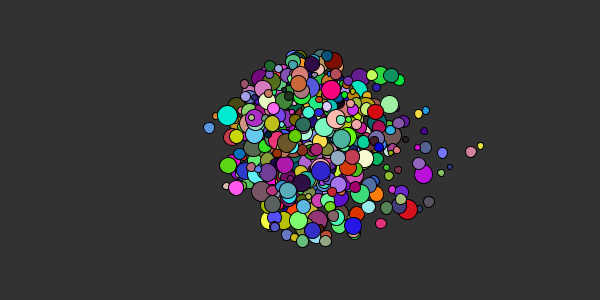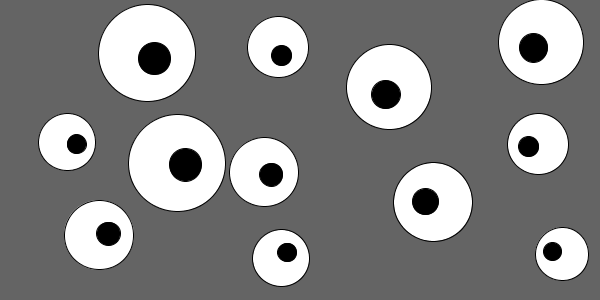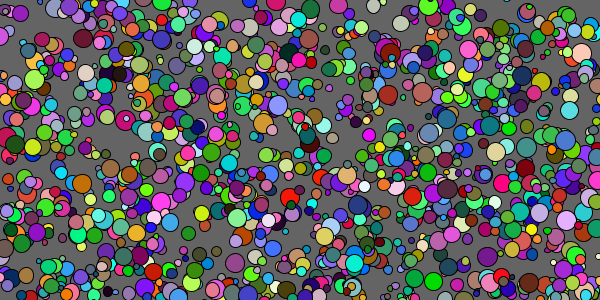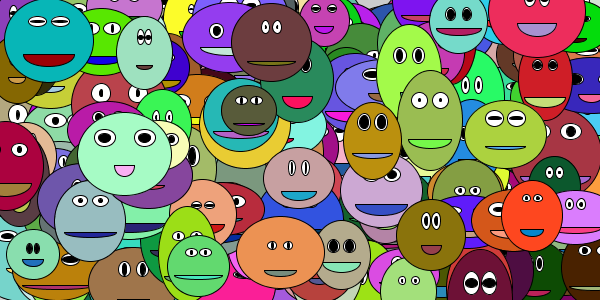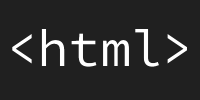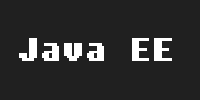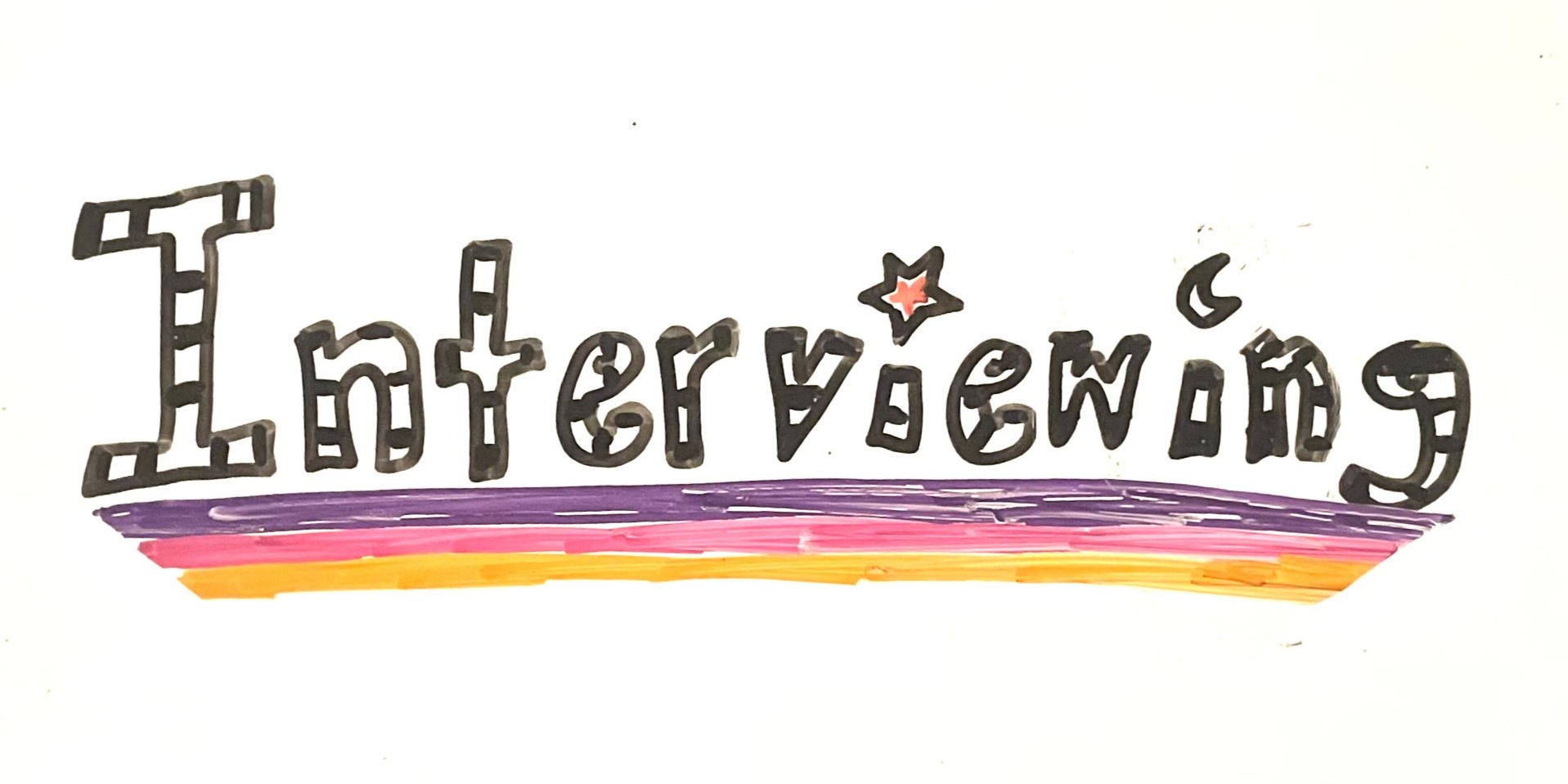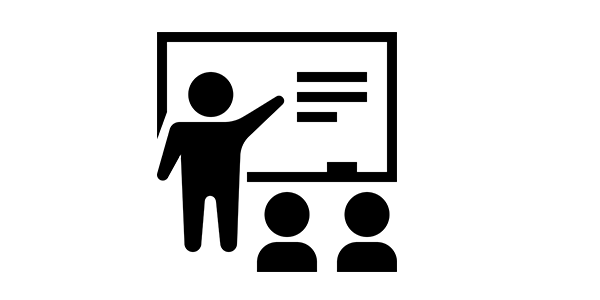Black Lives Matter to Me
Black Lives Matter to Me
- Metacognition
- Confirmation Bias
- Us vs Them
- Exploitation
- Limits of Caring
- Wording
- The Work
- The New Normal
It’s been four weeks since George Floyd was killed by a police officer who kneeled on his neck for 8 minutes and 46 seconds.
During those weeks, my Twitter feed has been full of videos of police violence, #BlackLivesMatter protests, and calls to defund the police. My Facebook feed has been mostly white people complaining about a Target being looted, or complaining about wearing a mask in public, or just going about their lives as if nothing else was going on.
To simplify following the criminal justice news of the last 36 hours, I posted a set of 10 links to police brutality videos on Facebook
— T. Greg Doucette (@greg_doucette) May 30, 2020
Can't do that here, obvs
So I'm putting them into a thread
(I’m going to post tweets and threads that have stuck with me. To see threads, click on them and then click “Show this thread” in Twitter. If you only look at one thread, make it this one.)
It’s like having a window into two completely different realities. I’m not new to this feeling, but it’s been even more obvious recently. I generally consider myself an “ally” (even though I don’t like that term, because I feel like it gives people a label to hide behind rather than putting real work in). But these past few weeks have caused me to question what being an “ally” means.
This post is my attempt at working through some of that.
Disclaimers:
- The only way I know how to write is by talking to a theoretical “you”, so that’s how I’m going to write this post. I hope other people find it useful, but for the most part, I’m talking to myself here.
- I absolutely do not want this to come across as yet another “thoughtful brand” post, nor do I want to make this about me. But I also believe that being transparent about my own thought process is more helpful than arguing with people on the internet.
- Some of the tweets I’m going to post are graphic.
- If listening to a privileged white guy talk about his own feelings doesn’t feel like a good use of your time, I totally understand that. I’m doing this mostly for myself, and maybe with some optimism that I can help people reach their own understanding. But I don’t believe I deserve any attention, certainly not more attention than the people putting the work in. Check out the #BlackLivesMatter hashtag for people who do deserve your attention.
Okay, enough stalling.
Metacognition
Metacognition is a fancy word for thinking about thinking. It means taking a step back and asking yourself why you think a certain way, why you believe certain things, why you feel the way you do.
It’s easy to become defensive about your thoughts and feelings. You are your thoughts, so if somebody criticizes how you think, they must be criticizing you, right?
But I find it really helpful to separate my sense of “self” from how I think. Sometimes I feel like I’m two people: I’m my true, core self, who happens to live inside a biological brain and body.
That sounds more hippy-dippy than I mean it. I think about it this way: my body is not naturally good at running. That’s not a criticism of me as a person, it’s just the reality of the body I live in. If I want to get better at running, I have to practice.
The same thing is true of my brain. My brain is not naturally good at changing its opinion, or thinking in new ways, or empathizing with people I don’t know. That’s not, by itself, a bad thing. It doesn’t make me a bad person. But after I recognize this fact, I can pay more attention to it. I can practice considering new ideas, and I can practice empathizing with people I don’t know, just like I can practice running.
This is the #AllBlackLivesMatter protest today in LA. Just incredible.
— Joshua Potash (@JoshuaPotash) June 14, 2020
pic.twitter.com/YJHzUUR1Yf
The rest of this post outlines a few concepts that have helped me understand the limits of my own brain, and how I’m trying to improve those limits.
If you’ve had trouble empathizing with protestors or victims of police violence, try to separate your core self from your thoughts and feelings. Ask yourself why you think and feel a certain way. And know that the answers to that question don’t make you a bad person, but it’s up to you what you do with your realizations.
Changing your mind is not easy, and it can feel like you’re betraying your sense of self. But I don’t feel like I’m betraying my legs when I learn to run faster, so I don’t feel like I’m betraying myself when I learn to think differently.
Confirmation Bias
Confirmation bias is the tendency of the human brain (yes your brain, and yes my brain) to pay more attention to things that reinforce the beliefs we already have, and to pay less attention to things that contradict those beliefs.
Most of this is not conscious. It doesn’t just mean that you’re more likely to actively seek out information that confirms your beliefs. It means that even if you aren’t thinking about it at all, or even if you’re trying to keep an open mind, you’re still more likely to pay attention to things that confirm your beliefs. This happens even if you know it happens, even if you’re looking for it.
This Oatmeal comic is a good demonstration of how confirmation bias shapes our reactions to information.
This is a remarkable piece of storytelling from The @Oatmeal.
— Ben Fry (@ben_fry) June 13, 2020
Even more remarkable is that it's actually a couple years old, because it so perfectly frames the last few days, weeks, hours we've been having.https://t.co/mdLu5pXF5q
For example, when you’re scrolling through your news feed on Twitter or Facebook or whatever, what kinds of posts do you stop to read? What kinds of posts do you start reading, and then abandon with an eye-roll and a “that can’t be true” dismissal before you go back to scrolling? (Try it right now!)
The answers to those questions are a window into your confirmation biases, but it doesn’t stop at social media. Confirmation bias shapes what you pay attention to, who you believe, and how you interact with the world.
National Guard marches through a quiet residential neighborhood in #Minneapolis, screaming at citizens to get inside.
— Chad Loder (@chadloder) May 31, 2020
Soldiers stop to point their guns at residents on their balcony.
They yell “LIGHT THEM UP” as they fire riot control rounds at them.pic.twitter.com/NAsCxmeBlp
Medic area in disarray after APD came through stabbing water bottles and tipping over tables. #avlnews pic.twitter.com/JVzsGfUtQr
— Angie Wilhelm (@AngelaMWilhelm) June 3, 2020
Having confirmation bias doesn’t make you a bad person. Everybody has their own confirmation biases. But I think it’s important to recognize this in yourself, and to actively resist it.
To tie this back into the last few weeks: if you already believe that protesters are somehow bad, you’re way more likely to see evidence that supports this belief, or to ignore evidence that refutes it. You’re more likely to scroll past videos of peaceful protests or police escalation, and you’re more likely to pay more attention to posts that confirm your suspicions. That by itself doesn’t make you a bad person. But what you do after you recognize this fact is up to you. If you spoke up to criticize the people looting a Target, but you did not speak up about police violence, what does that say about your confirmation bias?
Us vs Them
I’ve said this before, but humans aren’t built to empathize with people they perceive as different from them. Psychology calls this ingroups and outgroups: ingroups are the groups you think of yourself as belonging to, and outgroups are groups you think of yourself as not belonging to. These allegiances are very strong and very hard to overcome. You can see this in everything from sports, to religion, to fighting in internet comment sections.
Having ingroups and outgroups isn’t, by itself, a bad thing. It probably came in handy when we were all cavemen fighting over bananas. But we’re not cavemen anymore, so it’s our responsibility to recognize when our brains are tricking us into being bad people.
Try this: imagine a victim of police violence, and then imagine a police officer. Which of those do you more closely identify with? Which is closer to your ingroups, and which is in your outgroups?
No group, protestors or civilians, have been anywhere close to as violent and sadistic as the police have been tonight.pic.twitter.com/85p9E3zMps
— Gravel Institute (@GravelInstitute) May 31, 2020
The answer to that question significantly impacts your experience of the world, especially these last few weeks.
If I’m honest with myself, up until a couple weeks ago I probably would have said that I didn’t identify very closely with either one. I would have said that I empathize with victims of police violence, but not to the same level I would if I really identified with them. The truth is, I didn’t get as upset by police violence as I would have if I knew the victim in real life. It was an impersonal, abstract feeling.
But after watching hundreds of videos of police violence, after weeks of peaceful protests being turned violent by police intentionally escalating, after seeing how all of this is treated by the media and by many white people, this all feels more personal to me now.
Brandon Saenz, 26, was shot in the left eye by @DallasPD Saturday night by a rubber bullet. He lost the eye, several teeth & had facial fractures that required several surgeries. His presser just wrapped, is demanding action from @ChiefHallDPD. Story forthcoming @CourthouseNews pic.twitter.com/7hOQpRum5F
— David Lee (@CNSDallas) June 3, 2020
This man isn't a protester. He was just a guy sitting at a traffic light when cops shot his car with a tear gas round. He got out to yell at them because his pregnant wife is in the vehicle. So they opened fire on them. pic.twitter.com/gFAsxwi97x
— Jake Morphonios 🔴 www.blackstoneintel.com (@morphonios) June 4, 2020
I don’t like how it sounds when I say it feels more personal. I don’t like seeing myself as a white person who finally “gets it” - especially because I thought I already got it. But I can’t deny that something in my perception has shifted.
Exploitation
Tech and media companies are very good at using confirmation bias and our “us vs them” mentalities to get more clicks, more views, more “user engagement” that they then use to sell ads.
This isn’t some vague “facebook is selling your data” conspiracy theory. But which do you think is more likely to get clicks: a video from a peaceful protest, or a video of a store being looted? Which is the media incentivized to spread? How does that affect your understanding, and how does that understanding compare to what’s actually happening?
It seems like we're seeing less footage of protests, even though just as many are happening.
— Joshua Potash (@JoshuaPotash) June 12, 2020
So here's a thread of #BlackLivesMatter protests happening today, or even right now.
First, right now in Seattle 👇 pic.twitter.com/JMrBnkUn6P
beautiful moments during protests that the media won’t show; a thread 🖤
— kylee (@tomakeupwityou) May 31, 2020
We marched yesterday in silence.
— 13/12 trample haste (@OneStrawShort) June 13, 2020
Estimates say there were upwards of 60,000 marchers in Seattle.
That's one-tenth of the entire city's population.
Stop thinking we've died down https://t.co/S8Zxl0XIvZ
I’ve also started paying more attention to how the media talks about police and protestors:
this tweet should probably go in textbooks: 3 sentences, laid back to back, by the same publication
— Anthony Oliveira (@meakoopa) May 31, 2020
and ask students to note which use the active and which the passive voice https://t.co/qoW4YCzw8m
This is beyond scary. This is why people have been calling me a liar all week. This is why they don't believe their own eyes when I show them videos. They have been trained to discredit anything not told to them by their trusted news source 😳 h/t @bwestpic.twitter.com/ubLd4yGuxf
— Angie Jones @ #JuneteenthConf (@techgirl1908) June 7, 2020
These past few weeks have also made it more obvious that people (especially politicians) use confirmation bias and the “us vs them” mentality to garner support. I’ve wondered how people can so eagerly vote against their own interests, and I think that’s why: if I can convince you that you identify with me (in other words, that I’m a member of your ingroups), then you’re more likely to support me, even if I say or do something you don’t agree with. Better yet, I just need to convince you that voting for me is voting against people you don’t identify with (members of your outgroups).
Think about the people you support: do you actually support them, or is it really your brain tricking itself into supporting them?
Limits of Caring
I’ve also said this before, but I believe that people only have room in their brains to care about a limited number of problems. There are SO MANY problems in the world, but only 24 hours in a day, and only so much energy you can expend before needing to rest, both physically and mentally. My guess is most people have around three issues they really care about.
So a few weeks ago, I would have told you that I support ending police violence in the same way that I support, say, ending homelessness, or ending malaria. I would have said that I agreed with the goal, it just wasn’t one of my “core” issues that I actively worked on myself.
I might have told you that the things I do work on actually are in support of ending police violence, in their own way. I might have said that working towards improving diversity in tech was my way of showing that Black lives matter.
But I don’t think that’s good enough anymore. I can’t watch a video of a man being strangled to death and then honestly say that I’m helping by spending a couple hours each weekend making cute animations in JavaScript.
White people: Stop offering your “mentoring” services. It shows you think folks aren’t skilled enough. People don’t need your teachings.
— Tatiana Mac (@TatianaTMac) June 6, 2020
Folks need the massive platforms you got with your unearned privilege.
Step aside. Get off the stage. Stop partaking in all white things. 🙄
I’m not saying I’m going to stop writing tutorials or posting to this site. I do think I’m doing some good here. But it’s also not enough anymore.
Wording
Another thing I’ve noticed is that our brains focus on the wording of a message instead of the message itself.
Thanks to the abovementioned confirmation bias and “us vs them” mentalities, many white people have a negative reaction to hearing “Black lives matter”. They then try to justify that reaction, to explain why they feel that way, but they can’t say “because of my confirmation bias and my distrust of people who I don’t identify with”, so they land on “all lives matter”. I personally find this argument, well, let’s just call it frustrating. But I can almost - ALMOST - understand where it comes from.
And if I’m being honest with myself, I also recognize this tendency to focus on wording in my own brain. For example I fully, 100% support feminism, full stop. I also admit that I feel a little… excluded? by the term. This is a shortcoming of my own brain, and it’s something I actively work to overcome.
Thank you @Chef_Lu_Bu for this series goddamn: pic.twitter.com/UENdowPhta
— Squart Cop (100% ENEMY) 🇺🇸 (@sexyfacts4u) June 9, 2020
On the other hand, I also think it can be really easy to say some words or wear a t-shirt without doing any of the work. So although I support the Black Lives Matter movement, it felt performatory for me to say it myself.
Then I saw this tweet:
Black lives matter to me.
— Jay Phelps (@_jayphelps) June 7, 2020
I don’t want to say that things “clicked” for me, but I really liked how this framed the message. It also shifts the conversation: if you see this and have a negative reaction, I think it’s easier to introspect on why you had that reaction.
“I'd rather be a hypocrite than the same person forever.” -Adam 'Ad-Rock' Horovitz #BlackLivesMatter pic.twitter.com/KLJkiOuaPA
— Tom (@scarecrowbar) June 4, 2020
That being said, I also think part of the point of #BlackLivesMatter is that white people should feel uncomfortable. The whole problem is that we’ve been too comfortable- with police violence, with inequality, with our own privilege, with nothing actually changing.
Seattle police have completely covered the street with gas pic.twitter.com/9J9aSY81D1
— jordan (@JordanUhl) June 8, 2020
So I think it’s part of my job to help other white people feel more comfortable with the Black Lives Matter movement, but it’s also my job to make myself feel more uncomfortable with the status quo, because that’s what will motivate me to actually do something about it.
The Work
What does all of this mean? As much as I would love to have an itemized todo list with specific actions I can take, I don’t think it’s that simple.
I’ve seen other people say that their takeaway is that they need to be more thoughtful, or to read more- and I think those are good goals, but I also think it’s easy to hide behind that without ever actually doing anything. Blame that on my blue collar roots, I guess.
I’ve been to a few protests, but I always end up feeling more like an observer than a participant. I’ve donated some money, but that still doesn’t feel like I’m doing anything. Then again, this isn’t really about how I feel, is it? I think I need to get over the idea that I need to make myself feel better.
If you are unable to attend protests because of COVID-19, here's a thread of ways you can help from home #BlackLivesMatter
— karla⋆ . · ⋆ (@karlafraancesca) May 30, 2020
I do know that I’m no longer going to scroll past police violence and the Black Lives Matter movement. I don’t know if that means it’s now one of my “core” issues, or if it means that the idea of having “core” issues is flawed to start with.
One thing I believe I can do is help reach other white people. I get frustrated by a lot of the “discourse” happening on social media, because it’s just two outgroups yelling at each other. I’ve had a feeling of being in two worlds but not really belonging to either one for many years now, and lately I’ve been trying to harness that feeling in more productive ways.
I’ll also say that I used to vote mostly out of a sense of obligation, but this upcoming election, I’m going to vote for candidates in favor of real police reform, or better yet, abolishment.
The New Normal
Because of covid, the phrase “the new normal” has become a cliché, but it’s hard to imagine going back to how things were before the virus. I used to go to concerts, bars, and restaurants pretty often. But after 3 months of isolation, I don’t think I’ll ever go back to feeling like I did before.
That sounds dramatic, but I don’t mean it in a “I’m permanently damaged” kind of way. Things are just… different now. I’m learning how to live in this reality. I haven’t stopped going to concerts. I just started going to concerts in my living room instead.
I think there are some parallels with how I’ve started to understand police violence, my privilege, and my role in the world. The truth is, I’m not going to change the world. But that doesn’t mean I can just ignore these huge problems anymore. My understanding of reality has changed, and it’s never going to be “normal” again.
They begin to see the enormity of it and they are upset and traumatized and vow to do something...then...after a week or two...they...backlash and retrench. Maybe it is guilt. Maybe it is just too much to live in the world I live in everyday...but they then...snap.
— Academic Foxhole | TrooperSJP (@AcademicFoxhole) June 10, 2020
Over the past few weeks, I’ve had an admittedly unhealthy compulsion to take everything I’ve seen on Twitter and post it to Facebook. I’ve spent more time than I want to admit scrolling and reposting, scrolling and reposting. I’ve stopped doing pretty much anything else. I’ve been afraid of “going back” to writing tutorials, playing around with creative coding, or posting pictures of my cat, because that feels like I’m looking away from the problem and becoming complicit.
But I recognize that I’ve always been complicit. I’m not going to suddenly stop being complicit by sharing some videos, or by forsaking everything else I care about.
In other words, “the new normal” is living with this knowledge of police violence, the Black Lives Matter movement, and my role in the world, and using that knowledge to steer what I do. Recognizing that my last few weeks have been unhealthy doesn’t mean that I should stop paying attention. It means that I should harness this energy into something more productive.
Writing this post is a start. I hope somebody out there finds it useful.
thread of petitions for you to sign / links / donations / ways to help for BLM :) pic.twitter.com/NQAcNwA6Ss
— kait (@gwskait) May 31, 2020
